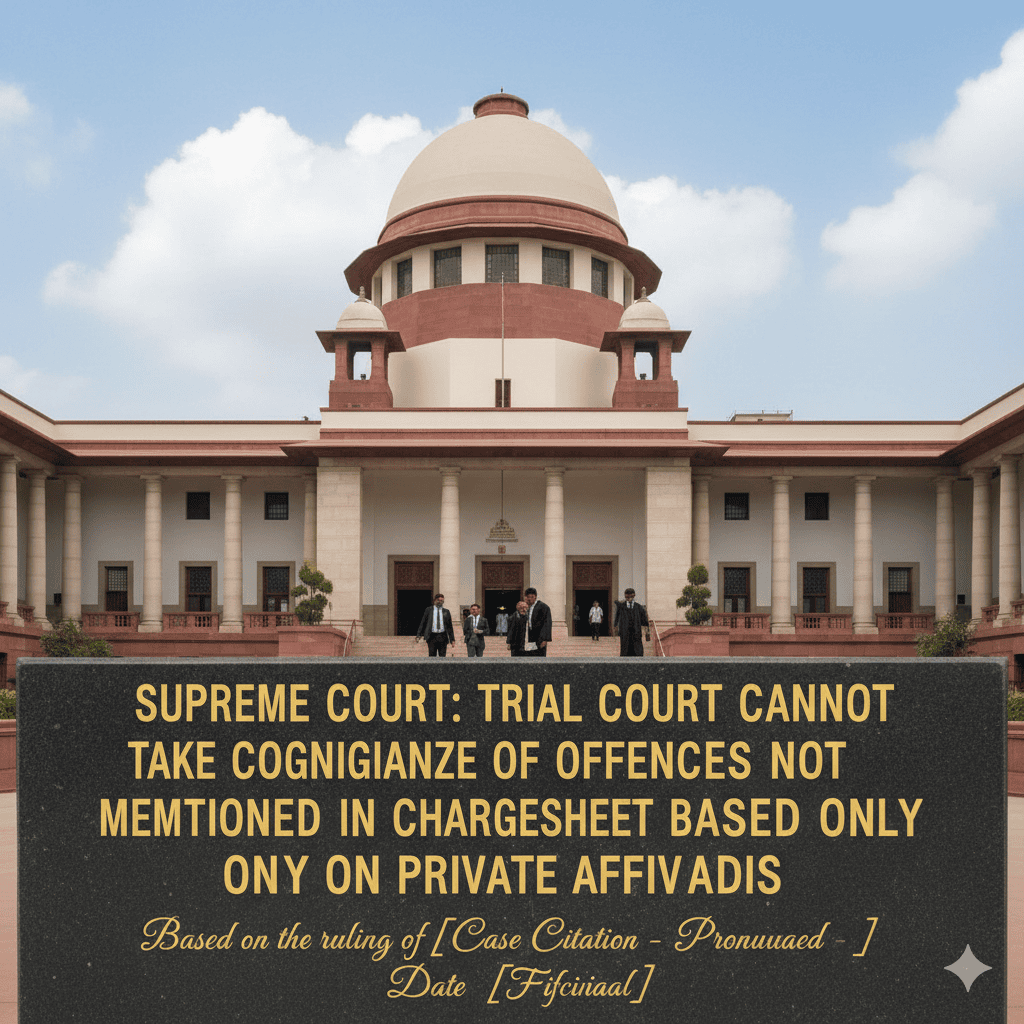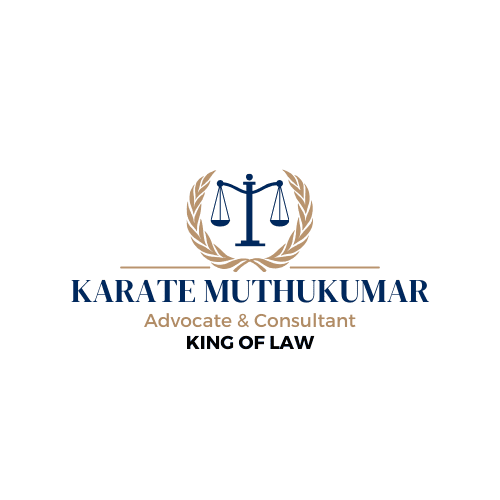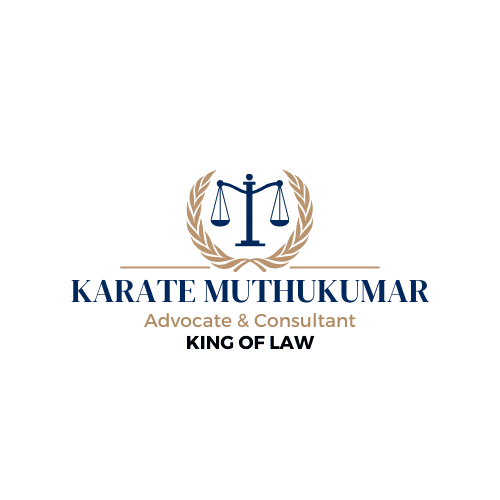⚖️ Background
In criminal cases, once the police finish their investigation, they file a chargesheet before the trial court. The chargesheet lists out:
The offences allegedly committed
Evidence collected
Witnesses supporting the case
The trial court then takes “cognizance” (legal term for officially recognizing and proceeding with the case) based on this chargesheet.

🧑⚖️ What Was the Case?
The police investigated and filed a chargesheet under certain sections of the IPC.
A private witness later filed an affidavit claiming that other serious offences were also committed by the accused.
The trial court, based on that affidavit, added new offences and took cognizance.
The accused challenged this, saying that the court had no power to add new offences unless supported by the chargesheet or proper procedure.
📌 What Did the Supreme Court Say?
The Supreme Court agreed with the accused and made these key points:
Court’s role is limited at the cognizance stage
The trial court can only look at the chargesheet and evidence collected by the police.
It cannot rely solely on private complaints/affidavits to add new charges.
If a person feels police missed something
They can file a separate complaint case before the Magistrate.
But they cannot “insert” new charges into an already filed police case just by affidavit.
Protecting fair trial rights
If courts started accepting affidavits to add new offences, it would open the floodgates to misuse and harass the accused.
Law requires proper procedure so that the accused knows exactly what charges they are facing.
👫 Layman Example
Imagine:
Police investigate a theft and file charges for “theft under Section 379 IPC.”
Later, a neighbor files an affidavit saying the accused also committed “house trespass.”
The court cannot simply add house trespass based only on that affidavit.
If the neighbor feels strongly, they must file a private complaint separately, which will then be dealt with as per law
✅ Why This Ruling Matters
For accused persons → Protects them from being dragged into new charges without proper investigation.
For complainants/witnesses → Clarifies that they must follow the right channel (like a private complaint) instead of shortcuts.
For courts → Reinforces discipline in criminal procedure and avoids unnecessary harassment.
📢 Final Takeaway
The Supreme Court has made it clear:
👉 Trial courts must stick to the chargesheet. They cannot take cognizance of extra offences based only on private affidavits.
This ensures fair trial rights, prevents misuse, and keeps criminal procedure transparent.

